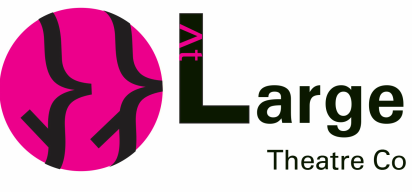|
Technique Workshop
7pm -9.30pm - Workshop exploring different processes, styles anything that lends itself to developing pieces. This will be decided in advance. If you are interested in running a workshop please contact [email protected] Dramaturgical Workshop 7pm-9.30pm - Showing of work and feedback If you wish to share some work, have a script read or discuss an idea please email [email protected] at least a week beforehand with approximate length of time needed.
|
|
|
